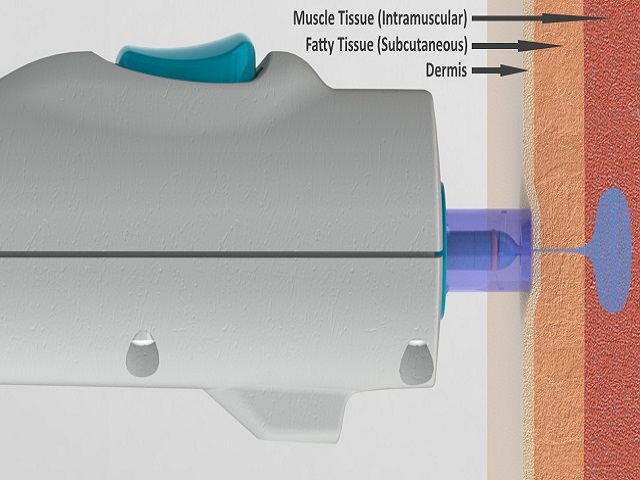India's drug regulator has allowed the usage of the first ever DNA vaccine against COVID 19. It could be used in emergencies. Know all about this vaccine and its usage below. It is also said that the vaccine can be safely used with children above 12 years of age.
Who has developed ZyCoV-D?
This 3 dose vaccine has been developed by Zydus Cadila along with the Department of Biotechnology under Mission Covid Suraksha.
What is ZyCoV-D?
It is a plasmid DNA vaccine that produces the spike protein of SARS-CoV2. Here plasmids are coded with the instructions to create the SARS CoV-2 antigens. Now this DNA could be injected or given through a special needle free injection.
This injected DNA triggers an immune response. This DNA gets into the human cell's nucleus. The genetic information creates a corresponding mRNA in the cell which in turn creates a spike protein corresponding to the information by mRNA. Some cells would die due to this and immune response would be triggered.
ZyCoV-D: How is it administered?
No injection is used in this process. Instead a pharmajet is used that pushes the DNA vaccine.
Pharmajet is a needle free fluid jet that delivers the vaccine as a narrow stream of fluid to penetrate the skin.

What is the Efficacy Rate of ZyCoV-D?
The vaccine has an efficacy rate that is quite high. It has been registered to be upto 66.66% and the third clinical trials were conducted during the peak of the second wave. This means it works against even the resistant delta variant of Covid 19.
Who can use the vaccine?
The Drug Regulator and Controller of India has recommended the three dose vaccine for emergencies in adults and children above 12 years of age.
ZyCoV-D: Advantages
The vaccine is easy to transport and store. Cadila claims that their vaccine is stable at 25 degree celsius for 3 months. The mRNA vaccine needs to be stored at much lower temperatures than some kind of COVID 19 vaccine as RNA is much less stable than DNA.
The vaccine's future variants can be made easily and in a short time.
DNA vaccines may be very cheap to make as it is easier to purify large amounts of DNA.
There isn't any such risk to make the vaccine as it does not require growing any bacteria or viruses.
Issues with ZyCoV-D:
There has not been any example of a successful human vaccine. Also pushing the plasmid DNA into the human cell so that it gives a lasting immune response is a bit of an issue. The first such vaccine was West Nile Virus vaccine.
This vaccine would also pave a way for future advancements in pharma technologies.
Comments
All Comments (0)
Join the conversation